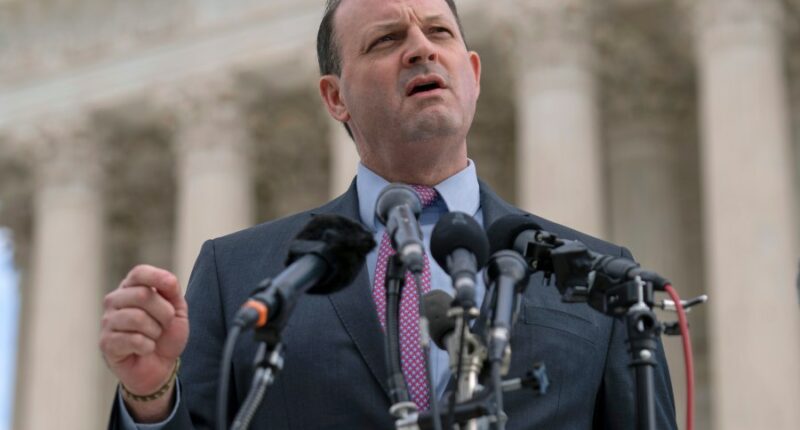Share this @internewscast.com

COLUMBIA, S.C. (WSPA) – The Attorney General of South Carolina, Alan Wilson, released a legal opinion on Monday stating that municipalities within the state lack the power to establish their own hate crime ordinances that go beyond the boundaries of state law, which, in South Carolina, doesn’t include any such law.
South Carolina is among just two states without a statewide hate crime statute. Over the past decade, lawmakers in the state have proposed multiple bills to introduce hate crime laws, but none have made it through the complete legislative process.
The opinion addresses a growing trend where local governments attempt to enact hate crime laws—legislation designed to increase penalties for crimes driven by prejudice, such as those based on race, religion, gender identity, or sexual orientation.
According to Wilson, only the state’s General Assembly holds the authority to define hate crimes and assign penalties for them. Thus, any local government efforts to enforce criminal penalties through their own hate crime laws would be invalid in a court of law.
Moreover, the opinion indicates that while municipalities are unable to impose criminal charges beyond what state law permits, they are allowed to enact civil ordinances and levy fines, regardless of whether the behavior is considered a criminal offense at the state level.
While numerous local governments have sought to establish criminal ordinances, Wilson’s legal opinion emphasizes that in South Carolina, the exclusive authority to define and penalize hate crimes lies with the state legislature.
For this to change, the General Assembly would have to pass a hate crime law, but for now, local actions are unconstitutional under state law.
The opinion can be read in its entirety below:










